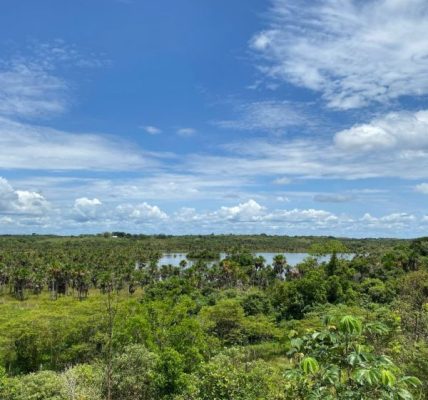An article by Paula Castillo
CDM Projects and the Path to Progress
The United Nations Framework Convention on Climate Change (UNFCCC) has played a pivotal role in shaping the international climate agenda. For over 15 years, the Kyoto Protocol has guided global efforts, with its second commitment period concluding in 2020. Since 2015, the Paris Agreement has emerged as the new landmark in multilateral climate change processes.
Amidst this transition, a critical deadline looms on December 31st, 2023, leaving merely six months for all projects operating under the Clean Development Mechanism (CDM) of the Kyoto Protocol to make a significant shift. These projects have the opportunity to transition to the new centralized carbon crediting mechanism governed by the UNFCCC: Article 6.4. By doing so, they become eligible for participation in the new market mechanisms.
Advances in the new paradigm
One notable advantage of the Paris Agreement, in contrast to the CDM, is that both developed and developing countries are assigned emission reduction targets, aligning their efforts with the ultimate goal of the Agreement: to limit the global average temperature increase to well below 2°C above pre-industrial levels and pursue efforts to limit it to 1.5°C. Under the CDM, developing countries primarily acted as hosts for projects, while developed countries accounted for the emission reductions towards their assigned amounts under the Kyoto Protocol.
However, it is crucial to recognize that CDM projects have contributed and continue to contribute to the mitigation and adaptation goals necessary to confront the climate emergency we face today. To sustain their impact, transitioning to the new and more equitable mechanism, Article 6.4, is essential.
Navigating CDM to Article 6.4
As the December 2023 deadline approaches, businesses and stakeholders involved in these projects must seize the opportunity to align with Article 6.4 and maximize their contribution to global climate action. By embracing this transition, we can harness the collective power of carbon crediting mechanisms to accelerate progress towards a prosperous future.
In navigating the complex landscape of transitioning from CDM to Article 6.4, organizations need reliable expertise and guidance to ensure a seamless and successful process. At ALLCOT, we understand the intricacies of the UNFCCC processes and possess extensive knowledge of carbon credits. We are dedicated to assisting businesses in capitalizing on this transition opportunity.
With our comprehensive consulting services, we offer a tailored approach to support your organization throughout the CDM to Article 6.4 transition. Our team of experts will provide strategic advice, technical assistance, and regulatory insights to navigate the intricacies of the UNFCCC governance. By leveraging our expertise, you can confidently maximize the benefits of this transition and align your sustainability efforts with global climate action goals.





